Grade and Age distribution of Brain Cancers
#glioma is a malignant cancer of the brain. Early signs include decline in brain function, #memoryloss, personality changes, Vision changes etc. Based on the type of cell affected, they are classified as, Ependymoma, Astrocytoma, Oligodendroglioma, and mixed (Oligoastrocytoma). Their #histopathology grading is based on #worldhealthorganization classification into four grades: Biologically benign gliomas [WHO grade I], Low-grade gliomas [WHO grade II] (well-differentiated and not anaplastic), and High-grade [WHO grades III–IV] (undifferentiated or anaplastic). #Sapienbio inventory has all grades of #gliomas with maximum being Grade IV or #glioblastoma.
#biobank
https://glioblastomafoundation.org/
https://www.mayoclinic.org/diseases-conditions/brain-tumor/symptoms-causes/syc-20350084
https://www.healthline.com/health/brain-tumor-charities-making-difference

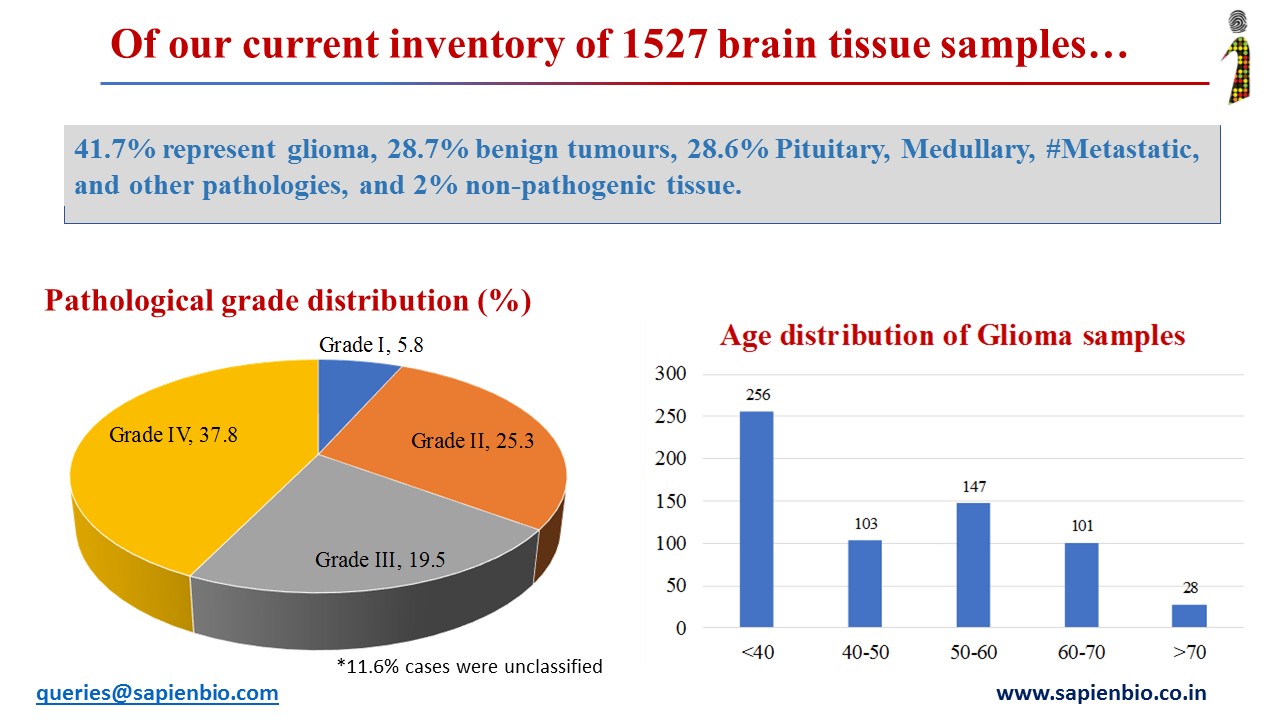
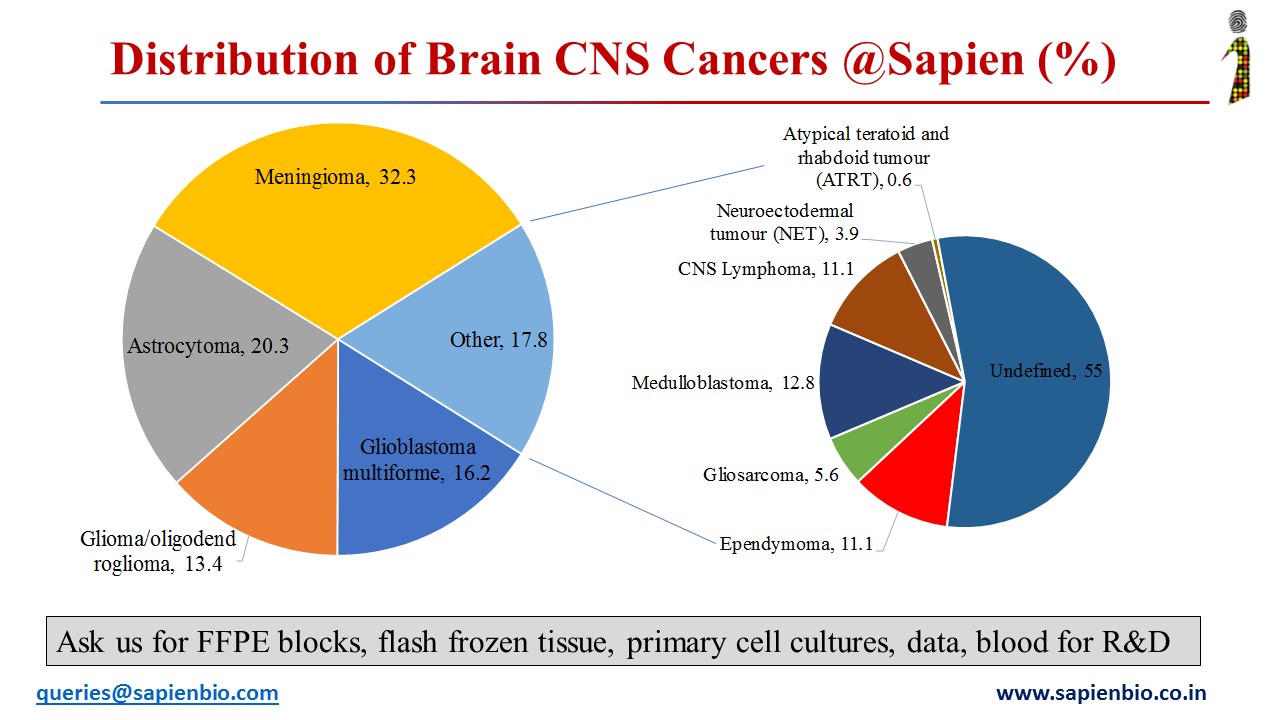
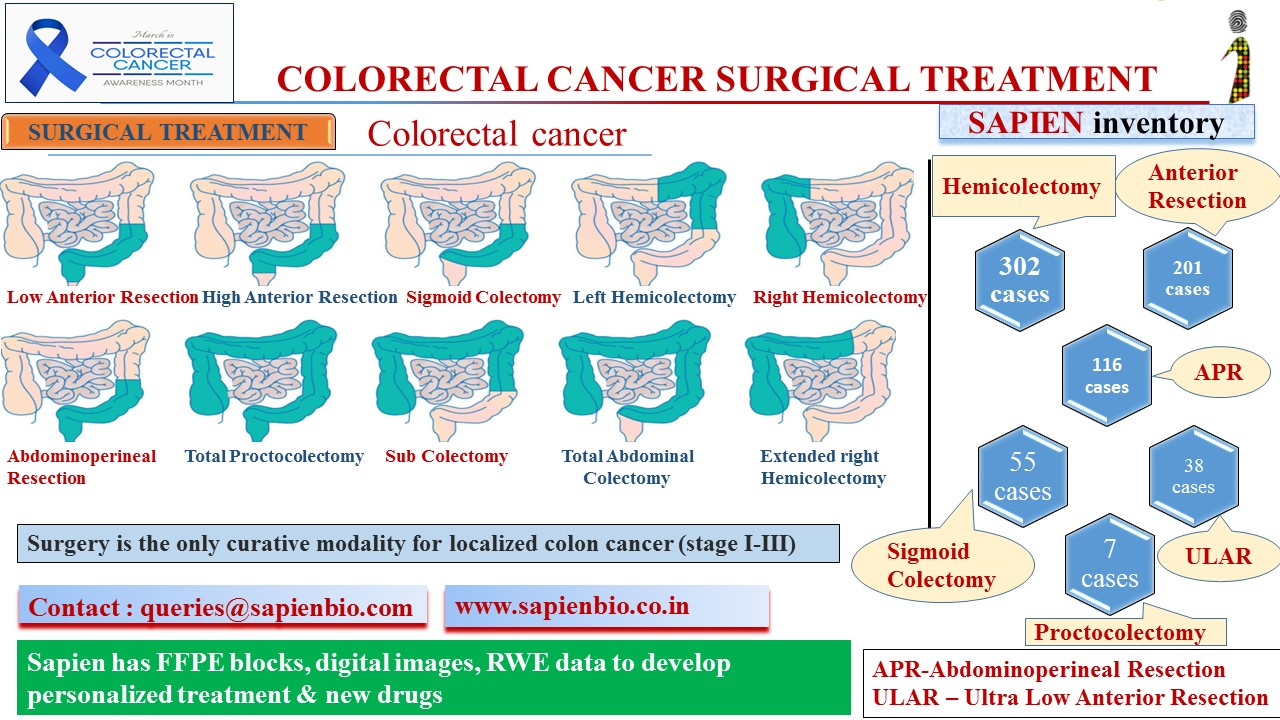

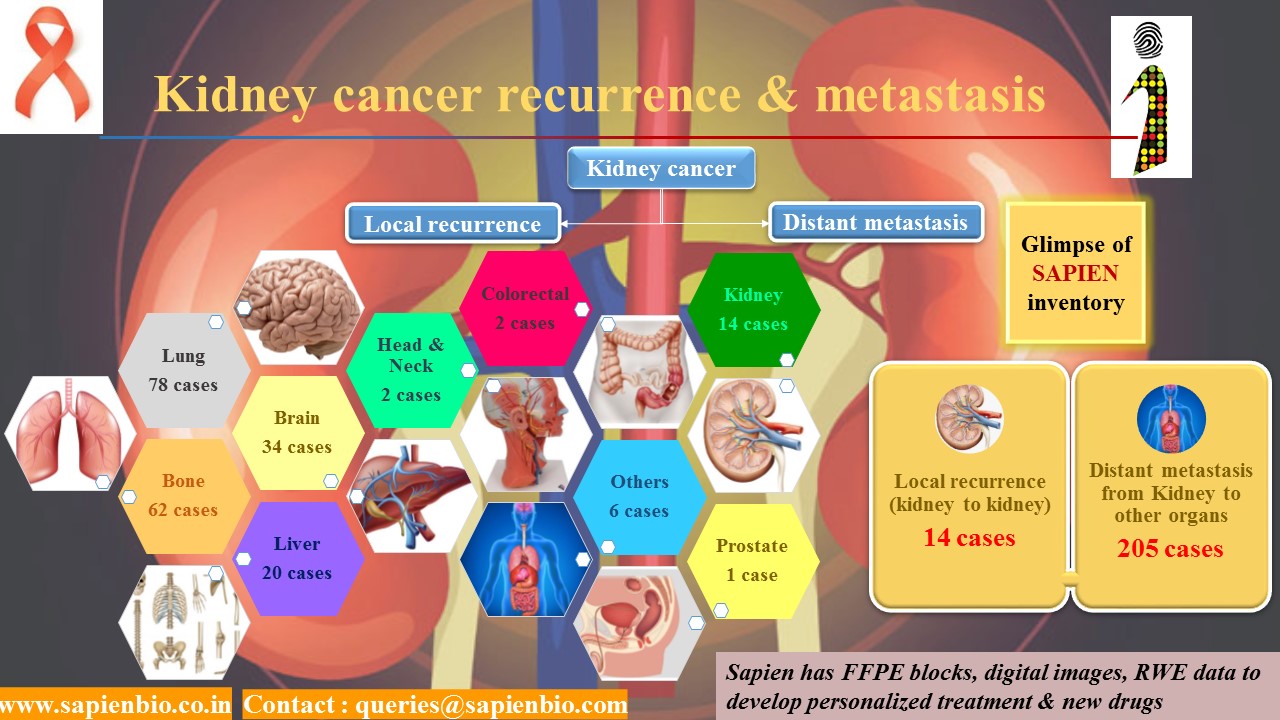
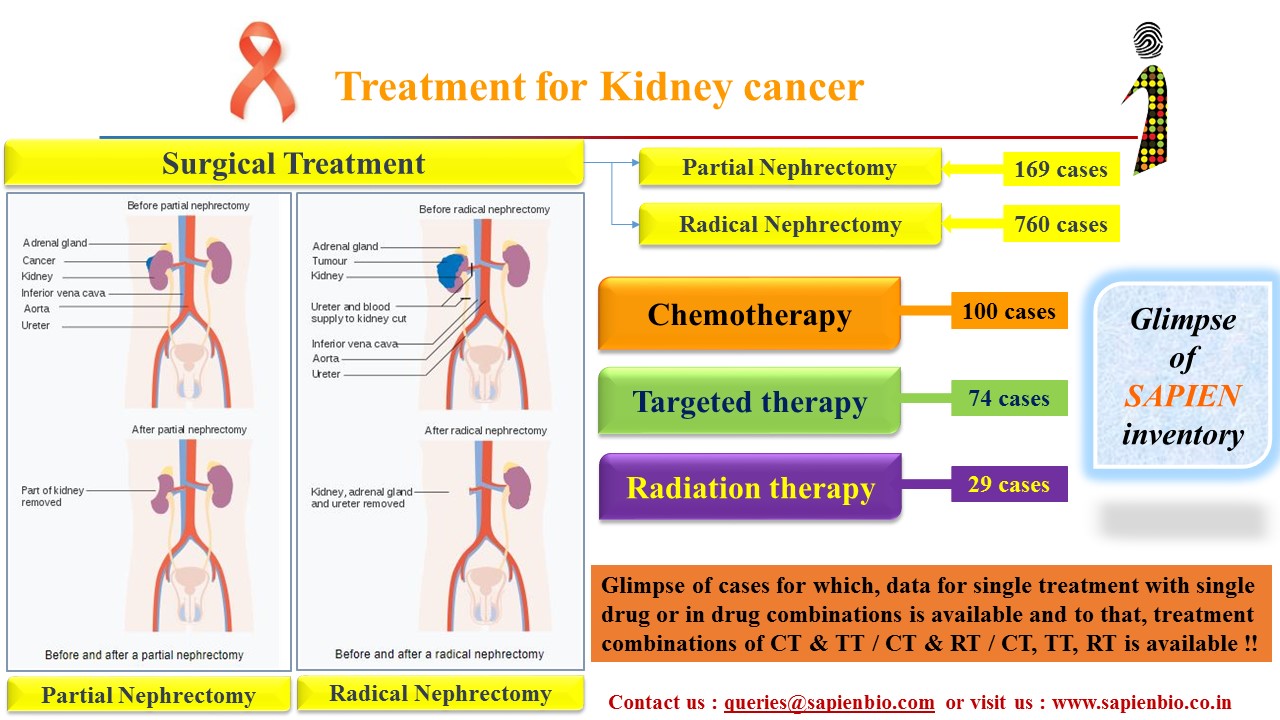
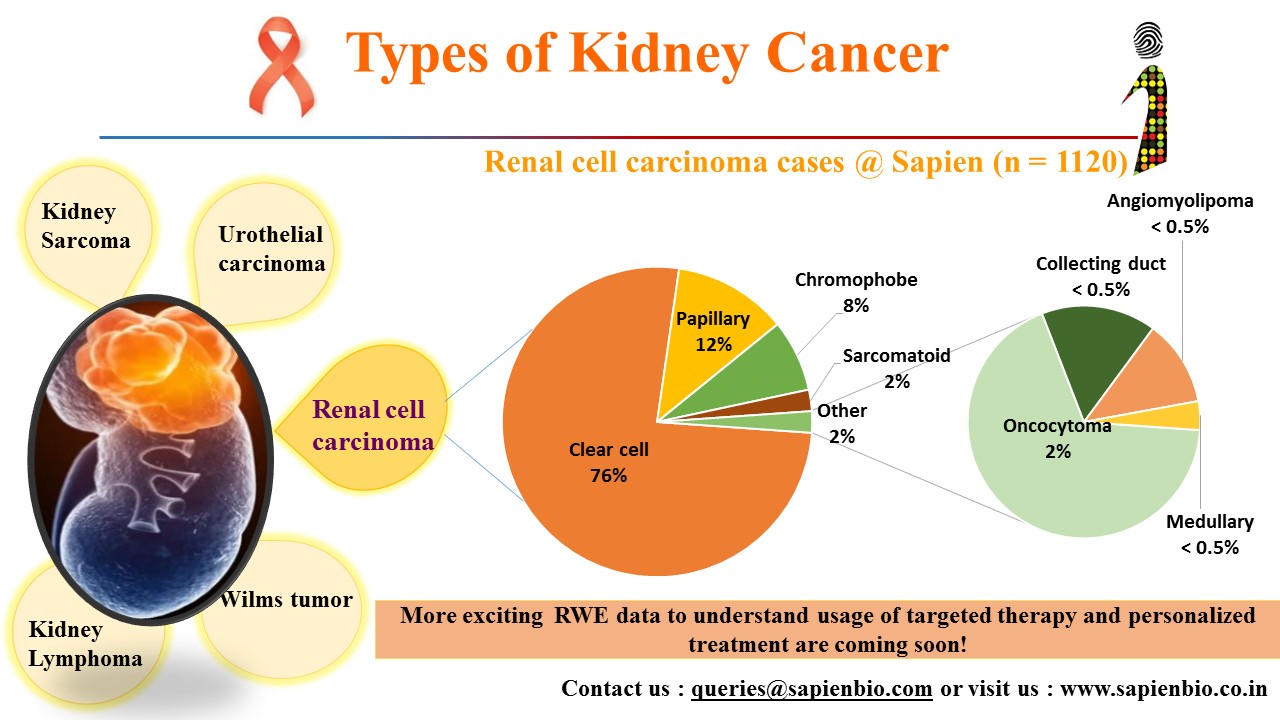

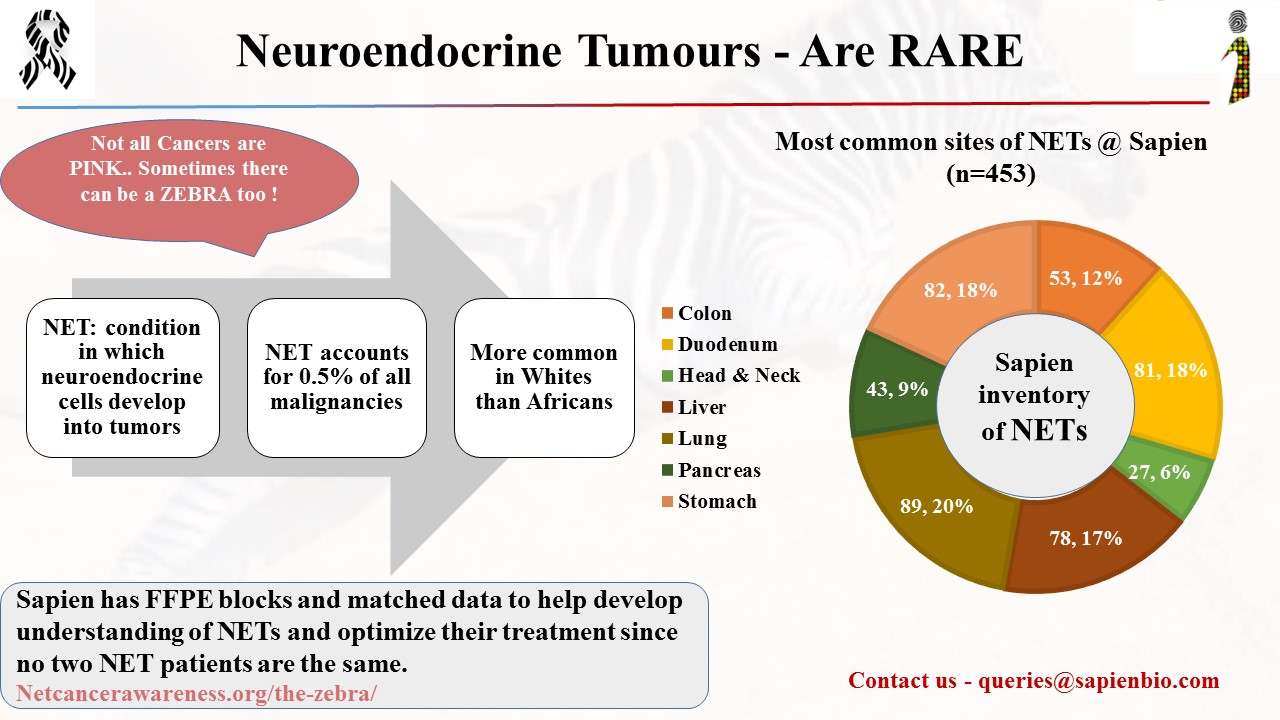
Recent Comments